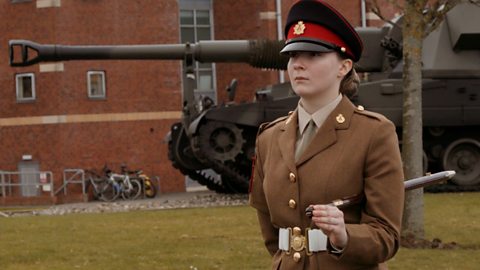Meet Naomi, 25, from London. She is an armourer for the British Army. Part of our Bitesize world of work series.
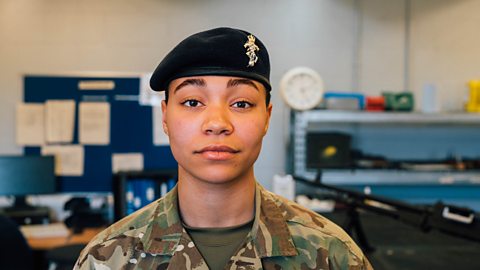
You have to make sure you’re at a decent fitness level and, as long as you’re determined physically and mentally, then the Army is for you.
What is your job?
We take weapons, strip them down to the bare minimum and learn the component names. We're taught what faults we're looking for. We change components and replace them for new ones, reassemble them and then do a functions test to make sure it fully works.
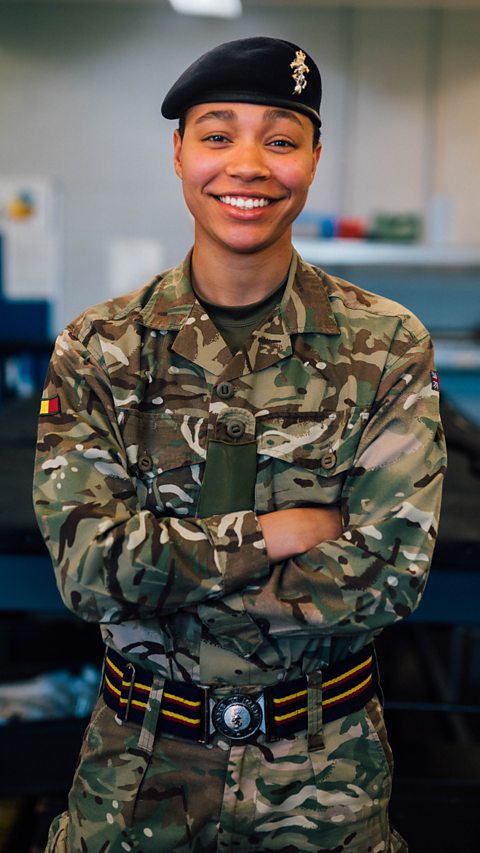
What skills do you use in your work?
We need good memory – we use a lot of repetition – and we also need to be really good with our hands, because there are so many little screws. You have to be very organised, and you have to pay a lot of attention to detail and safety. Time management is important too. Communication is the most important thing. People need to be able to convey their problem clearly so you can get to the root of the problem quickly.
What did you study in school?
My GCSEs were OK and, after school, I did a Business Apprenticeship. I didn’t complete it because I didn't enjoy it. Then I was a bartender for six years but, for me, it was just a job while I figured out what I wanted to do long term. I went on to become a special police constable before starting this job.
What subjects did you draw on from school?
Maths is important, because it's such a big part of engineering. Design and Technology helps too – when you start out there’s a lot of filing involved in the work. We do welding as well, so any hands-on subject that you studied at school helps.
Is this the job you always wanted to do?
I knew I was either going to be a firefighter, a police officer or a soldier, but I’m not really a big fan of fires or small spaces. I was a police officer and I left to come here – I wanted a new challenge. I had no expectations at all before I joined. Part of what drew me in was the idea of wanting to be at peak fitness.
Was it a smooth ride?
Phase 1 training was a bit of a shock, but it's always been fun. Sometimes you get tired but you have so many people around you and you’re all going through it at the same time, so it brings you all together. The first three months is soldier training, then in Phase 2 you focus on your specific trade.


Top tips
I’d tell everyone to give it a go. The first three months is only three months of your life. It’s not for everyone, but if you like it…then you’ve just found the best career there is
It’s a good feeling when you push yourself.

What to expect if you want to be a soldier
Soldiers take part in peacekeeping missions, supporting humanitarian efforts or fighting in combat zones around the world.
- Soldier average salary: £15,985 to £35,853
You will earn £15,671 in initial training, rising to £20,000 as a starting salary after training. This can increase with time and promotion up to £35,853 per year as a sergeant.
Recruits (in initial training): £15,985 a year
Private: £20,400 a year
Lance Corporal: £27,326 a year
Corporal: £31,869 a year
Sergeant: £35,853 a year
Soldier typical working hours: Variable. You could work evenings, weekends and bank holidays away from home
What qualifications do you need to be a soldier?
You could get into this role via an apprenticeship or applying directly.
Sources: LMI for All, National Careers Service, Army website
This information is a guide and is constantly changing. Please check the National Careers Service website for the latest information and all the qualifications needed.
For careers advice in all parts of the UK visit: National Careers Service (England), nidirect (Northern Ireland), My World of Work (Scotland) and Careers Wales (Wales).

Work experience in your area
Find work experience placements with Workfinder.
Tips and advice
Help with interviews, writing a CV and all things work experience related.

Dylan: police constable
Dylan works as a police constable.
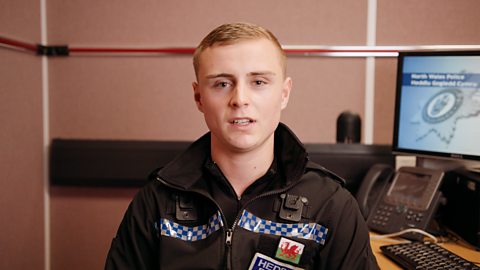
The do's and don’ts of teamwork. video
What to consider when working in a team.
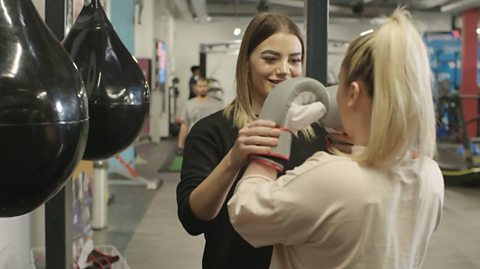
Caitlyn: junior soldier. video
Caitlyn is a junior soldier and musician in the Army.
